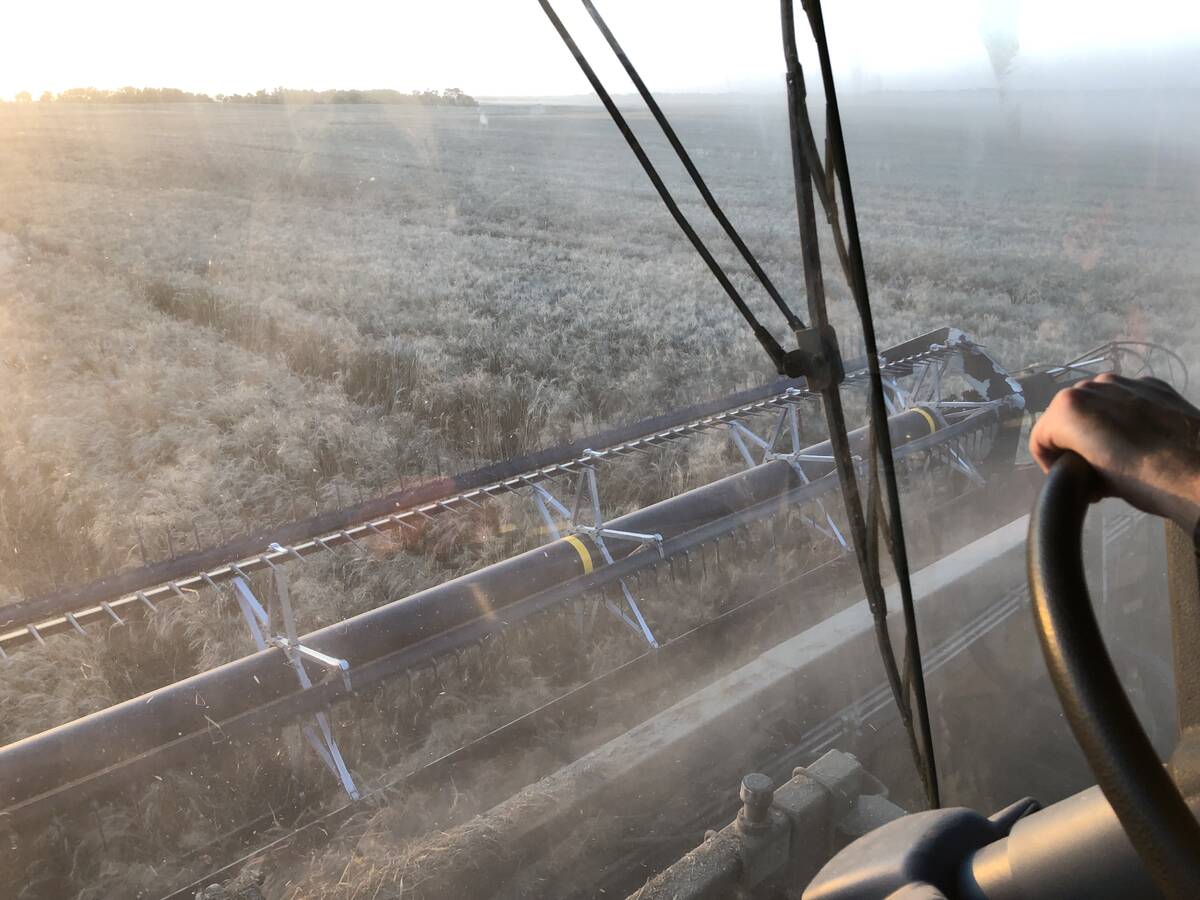Oat millers and others in Canada’s oat trade are telling growers to not use lambda-cyhalothrin on oats this summer.
According to new label restrictions for lambda-cy products, sold as Matador, Silencer, Warrior, Saber, Karate and other brands, the insecticides cannot be applied to crops that are used as livestock feed.
In the case of oats, the byproducts of the milling process — oat hulls and screenings – are sold for livestock feed.
If a lambda-cy product has been applied to the oat crop, millers are telling farmers they cannot accept delivery of the oats.
Read Also

Mail strike disrupts grain sample delivery
The Canadian Grain Commission has asked farmers to consider delivering harvest samples directly to CGC offices, services centres or approved drop offs as Canada Post strike delays mail.
“It has been brought to our attention by the Canadian National Millers Association that we need to advise all of our producers that new label requirements from the PMRA prohibit crops treated with lambda-cyhalothrin from being fed to livestock in Canada,” said Grain Millers, which operates an oat mill in Yorkton, Sask.
“As such, we are being forced to prohibit the use of lambda-cyhalothrin on any oats being sold to Grain Millers.”
Most oat growers should be aware of the restrictions around lambda-cy insecticides.
The Prairie Oat Growers Association has used Twitter, Facebook and partnered with other commodity groups to inform producers about the restrictions.
“Just to remind people — to not only check the label, but to check with your buyer,” said Shawna Mathieson, POGA executive director.
The lambda-cyhalothrin issue has been a confusing mess for most of 2023.
It began with a Pest Management Regulatory Agency decision in April of 2021. At the time, the PMRA re-evaluation said the insecticide can be safely used on many crops, if certain risk mitigation steps are followed.
But it’s not safe for lettuce, bulb vegetables, mustard seed (condiments) and livestock feed.
The label changes for lambda-cy insecticides came into effect this April.
The prohibition for crops that become livestock feed is the sticky bit of the PMRA decision.
Most crops grown in Canada, or a fraction of the grain, can end up as livestock feed.
The Canada Grains Council and other groups have told the PMRA that its decision on lambda-cy is unclear and has caused an “unworkable situation.”
The council continues to lobby the PMRA, asking the agency to revise its ruling on lambda-cyhalothrin.
“The CGC and its members are committed to continuing to work with the PMRA to find a solution,” the council said in a recent opinion piece published in The Western Producer.
“And to prevent unworkable decisions like this one from arising again in the future.”

















